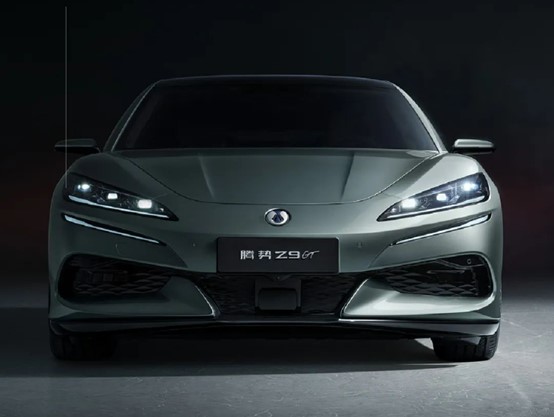German media has recently reported that the Federal Ministry of Education and Research (BMBF) will likely stop funding new battery research projects starting from 2025, with only ongoing projects continuing to receive financial support from the government.
The German government's Climate and Transformation Fund (KTF) is established until 2028 but will only back projects that are currently underway and those initiated this year. A spokesperson for the BMBF stated that the current 2024 budget includes the necessary funds for 2025 to 2028, and new incentives in the field of battery research can still be provided, but they will be limited to ongoing projects or new projects that commence this year.
Image source: Table Media
The German Federal Government's 2024 budget has reduced the funding allocated for battery research to €155 million, with €135 million designated for ongoing projects and a mere €20 million for new approvals. However, considering that new research projects typically span several years, follow-up funding related to new approvals will also be reserved in the coming years.
The draft budget for 2025 includes €118 million for battery research, but unlike the 2024 budget, it does not contain any commitment appropriations that would ensure funding for new projects. The only exception is the establishment of the battery research production center (FFB) in Münster, which will continue to receive funding from the BMBF.
The Competence Network for Lithium-Ion Batteries (Klib) has sent an open letter to relevant German government departments, protesting against the electric mobility funding policy in Germany and warning that this decision poses a significant threat to the competitiveness of German industries. The cessation of funding could severely impact research into sodium-ion and lithium-sulfur batteries, all-solid-state batteries, the further development of current materials, and early-stage systems based on aluminum or magnesium.
The termination of the R&D pipeline will deplete the source of innovations leading to industrial applications. Hildegard Müller, President of the German Association of the Automotive Industry (VDA), and Martin Winter from the MEET Battery Research Center at Münster University, have also expressed their concerns. "All other countries are increasing their funding... nations like China and South Korea are heavily investing in battery technology, which is central to applications such as electric mobility or the storage of renewable energy," they noted.






